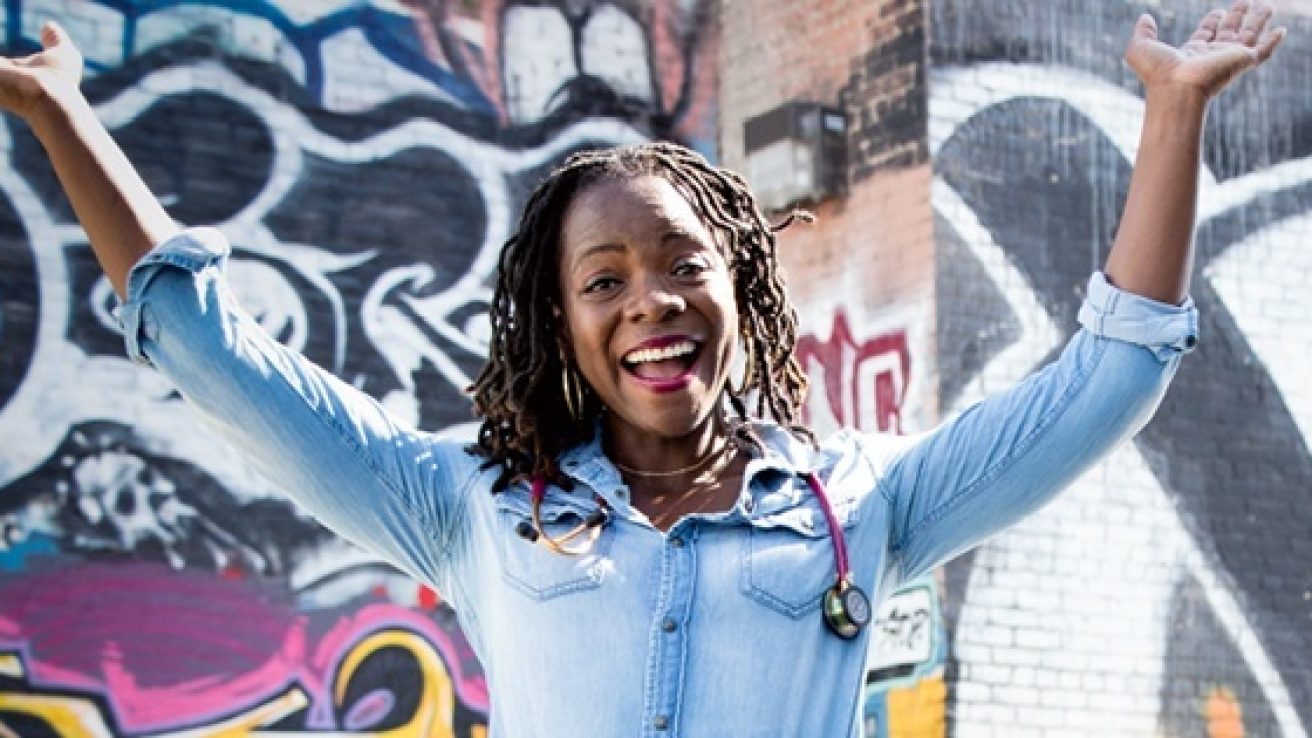MD Newsline recently interviewed Glennae E. Davis, author of “Bias and Burnout: 10 Power Moves for Healthcare Workplace Equity”, about her experience as a registered nurse who battled challenges with health equity and discrimination in the healthcare setting.
MD Newsline: Can you tell us about the inspiration behind your book? What moved you to write it?
Glennae: My experience with discrimination in the healthcare industry is what initially led me on this journey of helping others understand and overcome bias to prevent burnout. I decided to write this book because I wanted to empower more people with the knowledge and resources to achieve true health equity, and ultimately, save lives.
MD Newsline: What do you want people to take away from the book?
Glennae: I want to arm readers with tangible steps that will help them reclaim their power and redefine employment in a way that doesn’t negatively impact their health. I want the U.S. workforce to know that stress caused by bias is very real, and that they are not alone. Most importantly, I want people to know how I prevented burnout, reversed a depressive disorder diagnosis, evaded a systemic lupus diagnosis, and possibly early death. Employment discrimination is a big deal, and this book will offer people the right guidance to get the help they need.
MD Newsline: What do you feel are the most effective solutions for clinician burnout?
Glennae: An effective solution to managing clinician burnout is to know that we cannot manage stress. We must rethink stress. Stress that hurts must be eliminated. Fearing the risk of loss? Find an ally to help put your health first. A health equity expert like myself, who specializes in chronic stress and workplace inequality can offer clarity, breakdown the associated risks and help pinpoint opportunities for healing/growth. My book, Bias and Burnout goes deeper into this with Ten Power Moves that I highly recommend for people in any profession who have concerns about burnout. Anyone interested in achieving true health equity, regardless of their industry, can go to YourRxForLife.com to purchase the book, sign-up for my upcoming webinar and learn more about my offerings.
MD Newsline: Does clinician burnout differ for diverse populations? In women compared to men?
Glennae: Absolutely. According to the Equal Employment Opportunity Commission, every year there are ~100,000 people across the nation who file complaints of employment discrimination. The majority are African American women. Burnout for this group in quite notable, just look at Black women’s health disparity gaps. Her experience is going to be more intense compared to men because she is literally asking for help to deal with the daily threats to her life, health, work, sanity, and security. These risk factors combined with academic racism, implicit bias, sexism, and discrimination in healthcare, for her, burnout is more life-threatening for minority women.
MD Newsline: Do you see any racial disparities within your practice, and how does this affect both patients and physicians’ ability to treat patients?
Glennae: There are certainly racial disparities in healthcare from a patient and healthcare worker perspective. I’ve experienced discrimination first-hand and I was in a position where I had to choose between fighting for my health and keeping my job. I chose my health, and don’t regret it one bit. Health disparities impact African Americans disproportionately typically due to a lack of access to adequate resources and knowledge of our options. On the flip side, this often impacts our ability to treat our patients effectively because we are oppressed ourselves while trying to help others.
MD Newsline: When you talk about bias in healthcare, can you speak to your personal experience?
Glennae: I experienced institutional discrimination from a major U.S. Hospital. I was injured doing my job. That injury was taking longer than expected to heal and was nearly forced to take opioids and anti-depressants that I felt would have hurt me more than helped. That’s when I knew I had to put myself first to get out of that situation and that it was my duty to help others who aren’t aware of the dangers and their options. There are many patients who are offered treatment plans that make things worse for them instead of helping them get better. We need more patients to understand that they have options and are not required to accept every temporary solution presented to them just because it’s from a doctor. Real health conversations must take place to improve clinical outcomes for marginalized populations.
MD Newsline: What role, if any, does racism play in the healthcare infrastructure and how do you believe incidences such as the death of George Floyd will impact racism in healthcare?
Glennae: Language, culture, and being Black are among the factors that are associated with racism within the healthcare infrastructure. Historically, as well as today, we see that Black lives have not mattered. Black lives have too often been desecrated in the name of science and profit. The recent deaths of George Floyd, Breonna Taylor, and countless others have sparked necessary dialogue and a movement that I am hopeful will lead to true health and true change across the board.
Glennae E. Davis, BSN, RN, is the CEO of Rx for Life, LLC, a health equity consultancy and education company. She holds a Bachelor of Science in Nursing from the University of Texas at Arlington. Her 16 years of experience as a registered nurse includes the pain clinic at Cedar-Sinai Hospital in Los Angeles, critical care and lung transplant coordination at RonaldReagan UCLA Health and The Heart Institute at Children’s Hospital Los Angeles.










